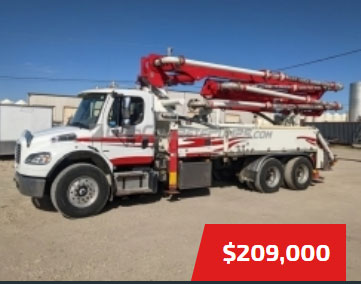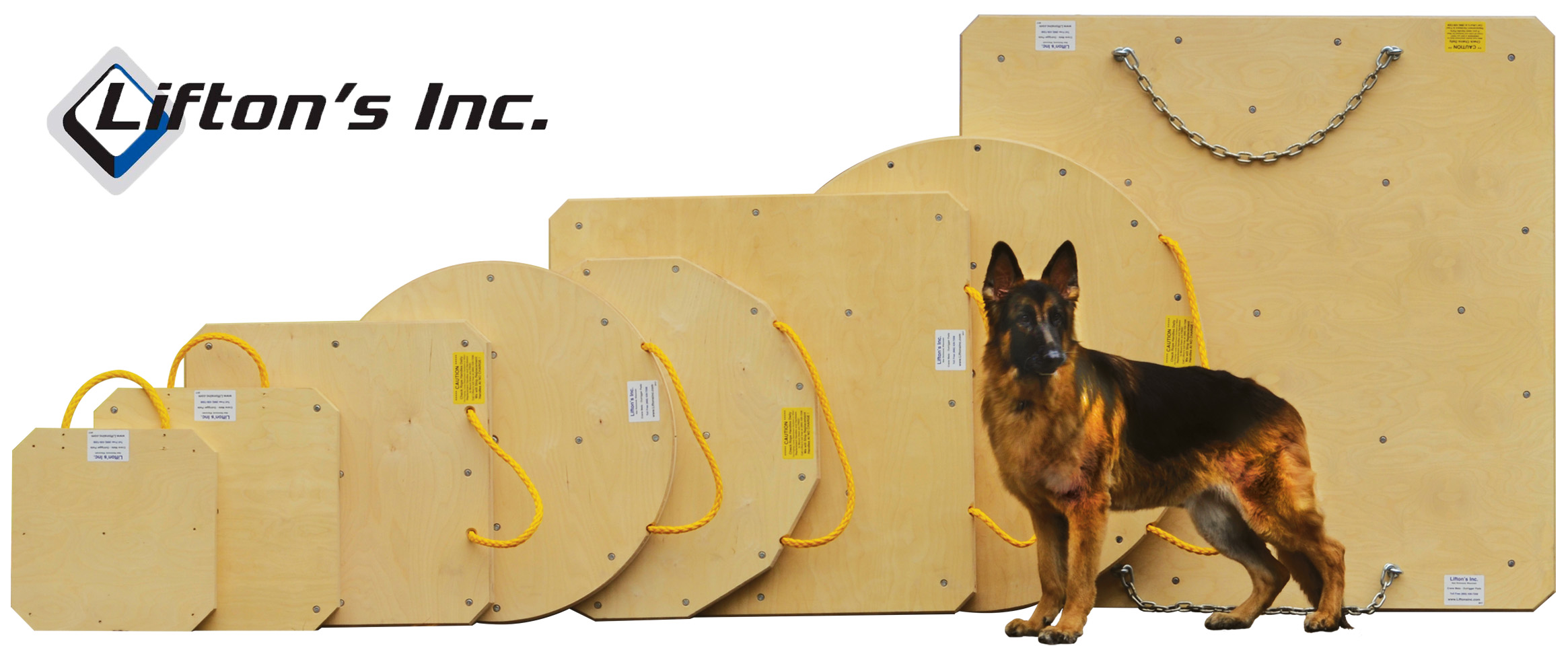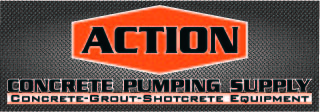| Bob | 04-12-2006 | comment profile send pm notify |
|
LIABILITY AND HOSE WHIPPINGI have been in the pumping industry my entire working life; Except for a few foolish attempts at escaping which were unsuccessful. I can remember my first pour. I just can |
||
| Bob | 04-13-2006 | reply profile send pm notify |
|
I am not for going after anyone. The problem is when others do the going after I suspect that they are sometimes going after the wrong person or company. |
||
| Bob | 04-14-2006 | reply profile send pm notify |
|
Digger, My hope is that no foul, no blame, no pockets, no death and injury is the outcome. The deepest pocket theory is mute, we all are ( should be) heavily insured. I would prefer to have a unified effort in eliminating the problem; along with the accompanying liability. We are using oilers - we are still having the problem. I have no axe to grind. I only care about the well being of all the people that interact with our industry. It should not be necessary to die to earn a living.[color=Red]MY BAD - I misread your 14 yard as 14 ft, sorry[/color]ROTEC Has used the charging hoppers for some time with positive results. It would be a terrific answer for a large job.This message was edited by Bob on 4-14-06 @ 7:32 AM |
||
| Todd | 04-14-2006 | reply profile send pm notify |
|
I personally don |
||
| pump_bro | 04-16-2006 | reply profile send pm notify |
|
My pump has never taken a gulp of air with out me noticeing ,no matter where I was standing ,so as a responsable opperator , slow the machine down , warn your hose man air coming through wait for it to pass then pick up the speed again , when the super gets all uptight about the slow pump he can go talk to the mixer driver |
||
| justanthrpumper | 04-16-2006 | reply profile send pm notify |
|
Exactly. A censor is a good idea but I think it would be impossible to ever completely keep air from being introduced to the pump and even more to be able to bleed it off somehow.Operators need to just be on top of their game and do what they have to do to minimise the problems that come along with it, like slowing it down. |
||
| Marcus | 04-17-2006 | reply profile send pm notify |
|
From the beginning of time I was taught that you need to as an Operator be in a position to hear the machine. I think from my own experience that you can always hear the air in the system going in as the first thing that happens is the machines consistent sound changes as the concrete moves differently in the boom pipes. The right thing to do is to say, |
||
| Rocky1 | 04-17-2006 | reply profile send pm notify |
|
As a 25 year pumper I can tell when a pump sucks air,you can hear the pump engine unload,trailer pump or boom pump. It is very hard to get some operators to pay attention to all aspects of there job! Rocky1 |
||
| Marcus | 04-17-2006 | reply profile send pm notify |
|
Let |
||
| Marcus | 04-17-2006 | reply profile send pm notify |
|
I understand and agree with what your saying Bob, not every site will be 100% with respect to sound and hearing the mud in the boom, but maybe we should be telling the contractors when we can, |
||
| Bob | 04-18-2006 | reply profile send pm notify |
|
Adam, That sounds an awful lot like a tip-pipeThat might not be [in theory] a bad idea. It would sure seperate the boom pro from the lazy-ass operator. A 2foot hose and an 8foot pipe. Hummmmm ;)That would have to be way cheaper than pumping thru a 10 ft hose........... Finally, a place to use all of those thin, metric, pipe. :8|:This message was edited by Bob on 4-18-06 @ 3:32 AM |
||
| DougM | 04-20-2006 | reply profile send pm notify |
|
The sensor techhology already exists and is used around the world to detect the concrete level in the hoppers on PM Pumi pump mixer trucks. I suspect Schwing and Cifa use similar technology as well. These units are operated by one person so the mixer keeps the hopper filled automatically by using a high and a low sensor. |
||
| Bob | 04-25-2006 | reply profile send pm notify |
|
Erich,I am very interested in the real deal scoop as to what happened out there.Thanks,Bob ;) |
||
| Scwg42 | 04-26-2006 | reply profile send pm notify |
|
haha adam , i highly doubt its regional , i use full plastic wrap and oil and i still have a heafty clean up LOL , cemex is by far the worse followed by GCM ............. on topic to hose whipping and electronic sensors: why not use a pressure sensor inline from the auger ? its supposed to be ALWAYS submerged in crete , hence working harder and needing more hydraulic pressure to rotate when crete drops below that level it needs less pressure .. like i said a simple in line pressure sensor would solve this , much similar to the hydraulic relief valve system , im deaf , well close to it in my right ear and fully deaf in my left ear ( adam and a few others here can vouch for this) and i have NEVER had a hose whipping accident . maybe its due to the fact that im more attentive to my surroundings and such beaing deaf , but air in the line when first itroduced WILL ALWAYS affect the discharge flow rate and therefore there is so reason for missing this major signal your pump is relaying to you. besides ive read that most of you believe that telling the hose man or crew air in lines and backing away untill it passes is a safe practice, its not . the correct way to relieve air in lines is reversing pump till air is out then resuming the pour any other way risks lives . and that is un necesary risk IMHO |
||




















.jpg)
.gif)

.jpg)









.jpg)








